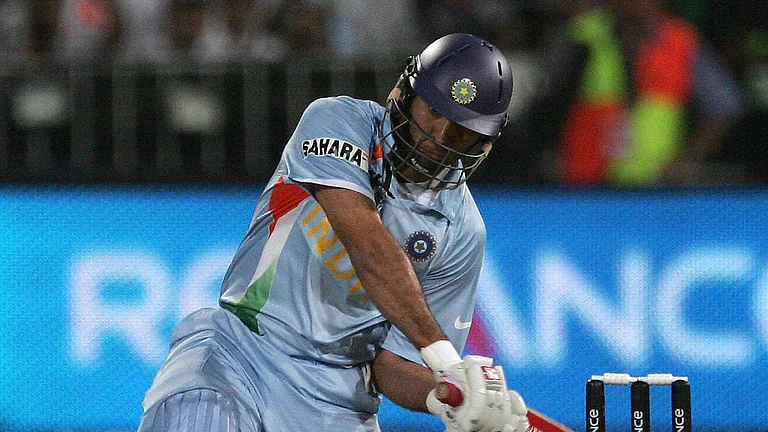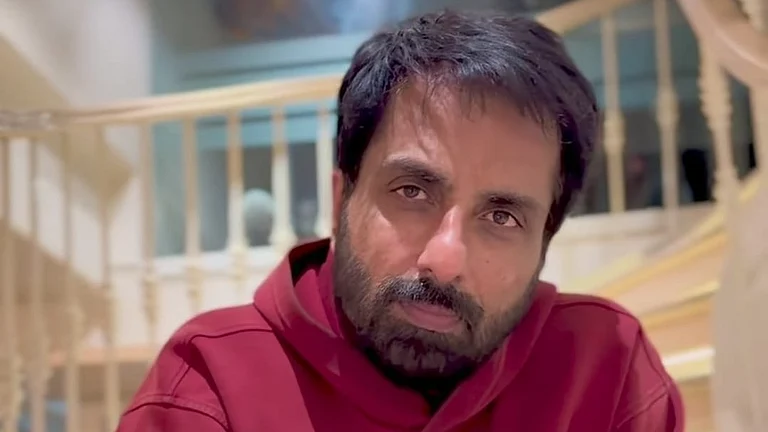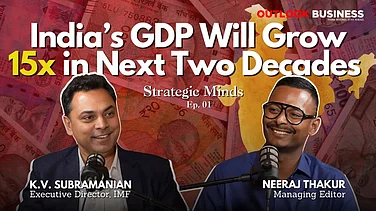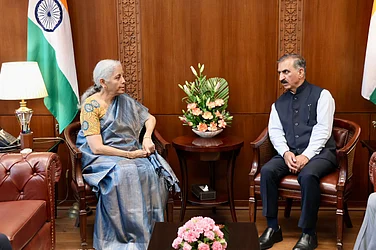Eleven years after the Comptroller and Auditor General of India (CAG) shook the entire nation by unearthing the 2G scam, hitting headlines with claims of a loss of Rs 1.76 lakh crore to the exchequer, it seems that there was much ado about nothing. Vinod Rai, who was heading CAG in 2010 has tendered an unconditional apology to Congress leader Sanjay Nirupam in a defamation case.
Rai’s apology comes in a matter where he had accused Nirupam of pressurizing him to keep the then Prime Minister, Manmohan Singh's name out of the CAG report on the scam.
"I have realised that, in answer to questions posed to me by the interviewers, I had inadvertently and wrongly mentioned the name of Shri Sanjay Nirupam,” said Rai in his apology letter.
The 2G scam involved big names such as, the then telecom minister A Raja. DMK MP Kanimozhi, former telecom secretary Siddharth Behura; Unitech MD Sanjay Chandra among dozens of others. While the CBI has started with a fresh appeal in the Delhi High Court after a special court acquitted all the accused in the case, it has been proved beyond doubt that the case hung by a thin thread of argument. What’s even more disturbing is the fact that it destroyed a flourishing sector such as telecom. Following Rai’s report, the Supreme Court cancelled all the 122 licenses of 2G spectrum in 2012.
It led to the exodus of foreign telecom players from India, including Norway's Telenor, Russia's Sistema, UAE's Etisalat and Bahrain Telecom, causing widespread damage to investor sentiment.
Rai’s apology comes at a time and in a manner that raises doubt over the role of the country’s apex auditor while preparing reports on the conduct of the government and the public sector units while dealing with the country’s natural resources. While it would be wrong to argue that politicians do not resort to corruption in dealing with the allocation of natural resources, it’s certainly not in favour of the country’s economic growth to have an auditor who shows its worth and relevance by coming up with reports that achieve nothing beyond political turmoil.
India’s telecom sector is just a shadow of its glorious past today, with two of the three remaining players struggling under debt. What’s more worrying is that their future depends upon the dole-outs handed by the government for at least the next few years.
If we take into account the cost paid by the Indian banking system, in the form of non-performing assets after doing business in India became unviable for the telcos, one would ask if it was Rai who actually cost the Indian exchequer a loss of Rs 1.76 lakh crore through his claims on 2G scam.
Hopefully, the auditors of the future will produce reports with the objective of unearthing malpractices by the governments and the bureaucrats involved in government deals. The one produced in the name of the 2G scam, it seems, was intended to ensure the downfall of the incumbent government of the day. Governments come and go, but institutions like that of the CAG are forever.
















.png?w=200&auto=format%2Ccompress&fit=max)




